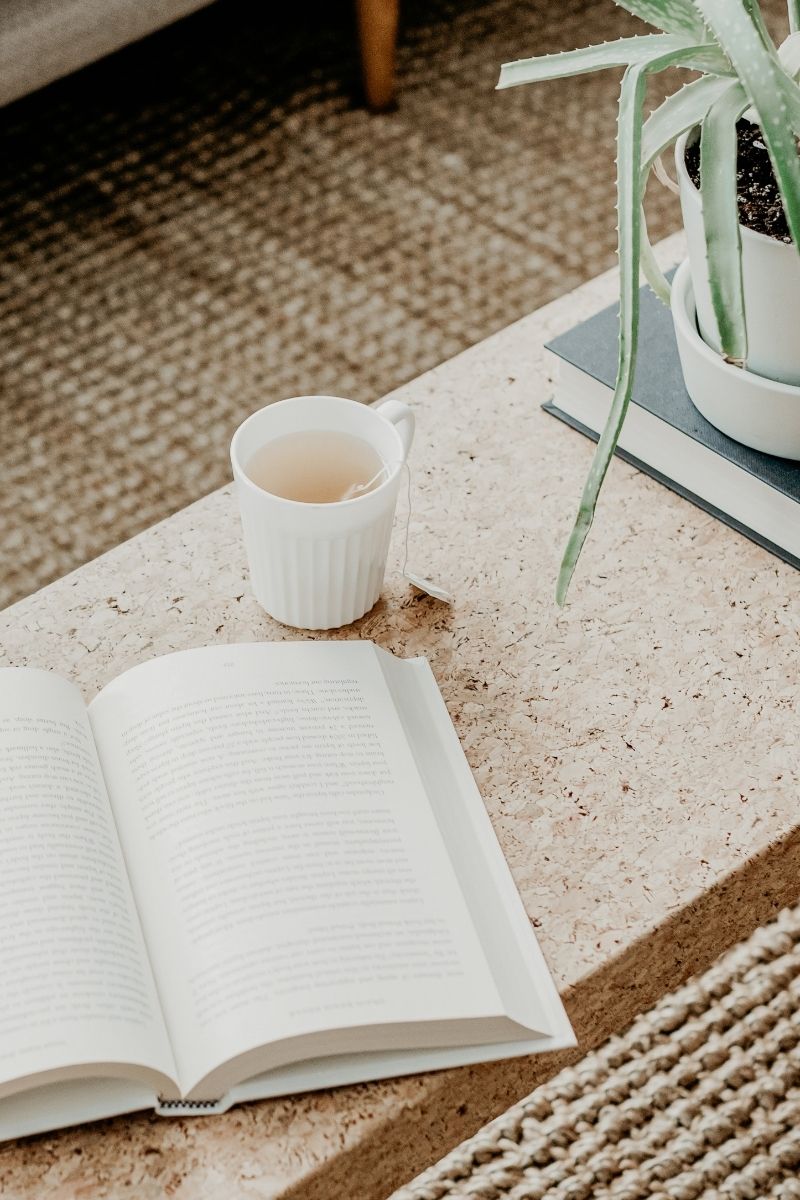 Sleep is delicious, restorative, and rejuvenating for your body and soul. But sometimes it doesn’t come easily. One way to improve the quality of your zzz’s? Via your stomach! Here are some ways you can nourish a healthy sleep…so sleep can nourish you.
Sleep is delicious, restorative, and rejuvenating for your body and soul. But sometimes it doesn’t come easily. One way to improve the quality of your zzz’s? Via your stomach! Here are some ways you can nourish a healthy sleep…so sleep can nourish you.
Eat a bedtime snack.
Research has recently suggested that hunger may disrupt our hormonal balance of leptin and ghrelin (two of our metabolic hormones), which may interfere with sleep. But make it a light snack, not a big meal. Carbohydrate-rich choices are best, with perhaps a small amount of protein (eg. whole wheat crackers with cheese, toast with peanut butter, a small bowl of cereal).
Try natural sources of melatonin.
Melatonin is a hormone that helps regulate our sleep/wake cycles. Boosting your melatonin intake before bed might help your passage to la-la land. Instead of supplements, try these foods that contain melatonin: grapes, walnuts, and especially, tart cherry juice.
Get some tryptophan.
This amino acid is a natural sleep inducer, so a perfect choice for an evening nibble. Find rich sources of tryptophan in dairy, soy milk, legumes (like chickpeas), nuts, seeds, and turkey.
Nosh on magnesium.
This mineral has been shown to help fight anxiety, a common sleep-stealer. Good sources of magnesium: leafy greens, almonds, soybeans, pumpkin seeds, and legumes (lentils, black beans, pinto beans…).
Brew up some sleep.
Herbal tea is commonly recommended for sound slumber. But will any herbal tea do? Anecdotally, passionflower or valerian are the blends reported to help the most. Whatever you do, make sure your bedtime tea is caffeine-free (and don’t be fooled–green tea contains caffeine).
I believe these ideas might improve your sleep. But, that said, I also believe that the single most important thing to help with sleep is: deal with your stress. But that’s another story…
|
Get the newsletter! If you enjoyed reading this post, why not sign up for Dr. Kim’s free newsletter? Get fresh health advice delivered directly to your email inbox (starting with Dr.Kim’s special report, Health Architecture: Blueprint for a Healthier Life). |






